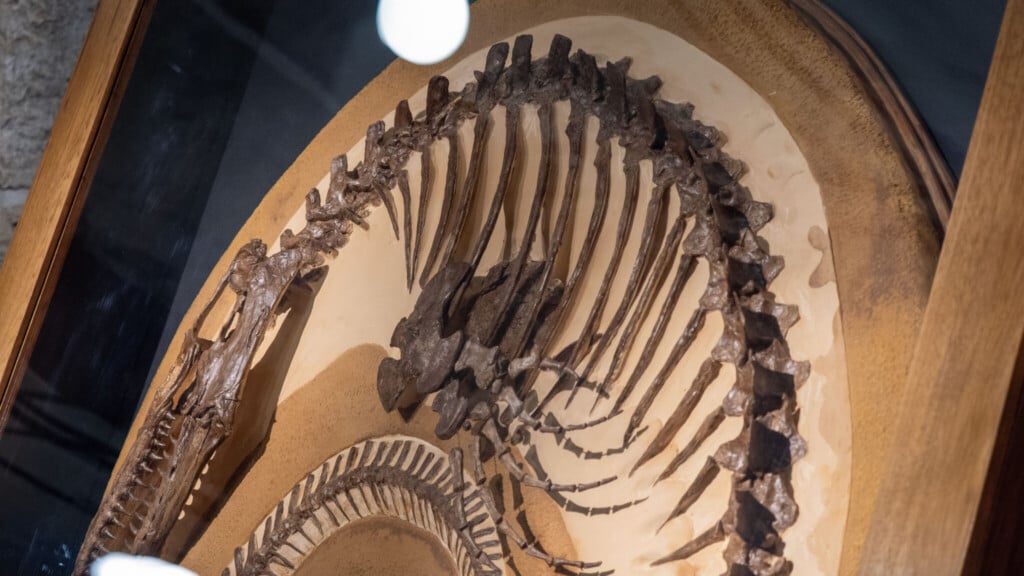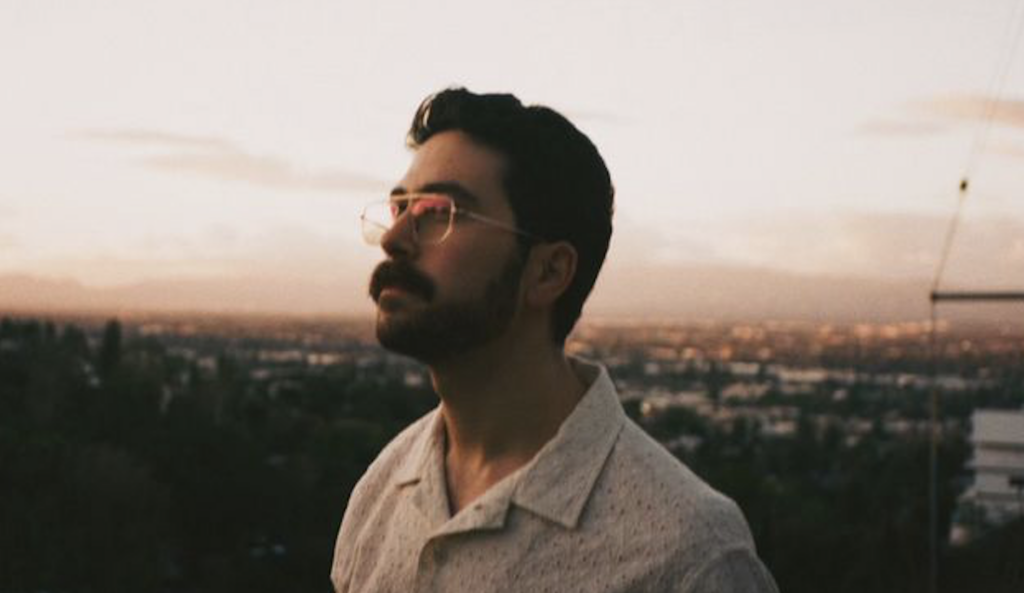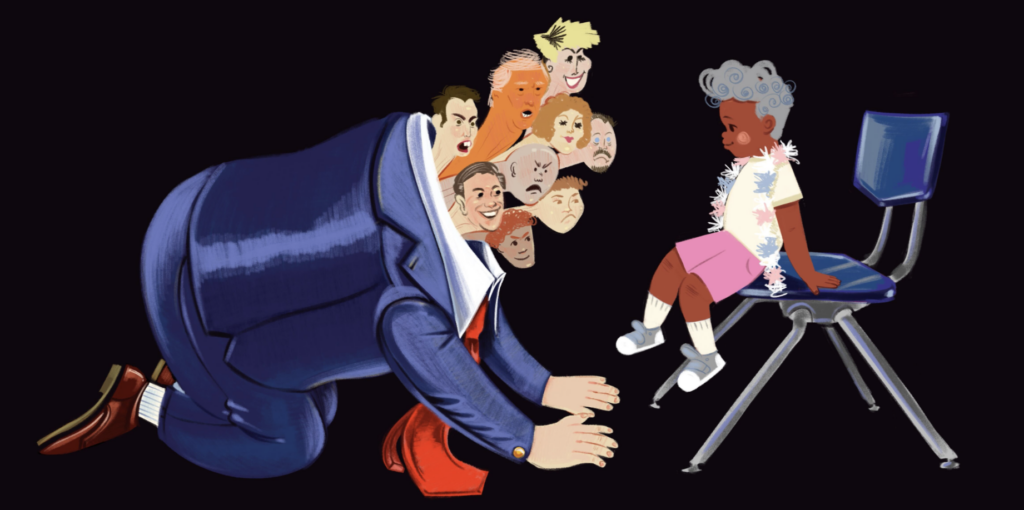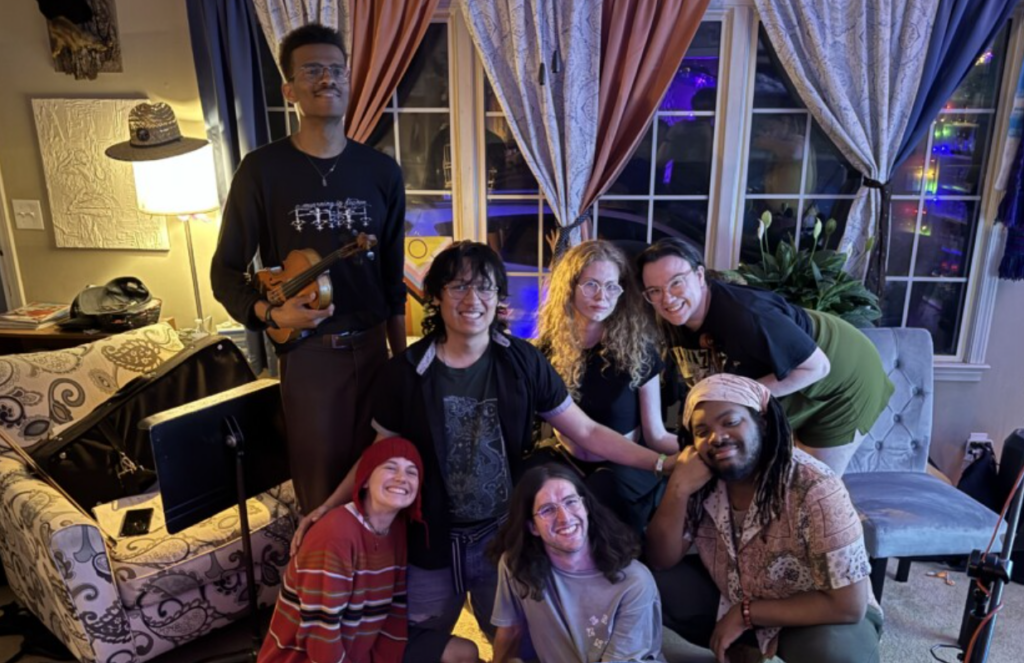Going off the grid with five scene players at their favorite low-key venues


Ask five Kansas City music lovers to name a favorite spot for live music, and you’ll get at least five answers, enough to fill your calendar for a week. And I did just that: Solicited the opinions of a handful of local music veterans about the venues they love — the more under-the-radar, the better. (And, of course, one of the curses of being part of a music scene as compact as this one is that if you love a place, there’s a good chance you’ll end up working there — as you’ll read below.)
The place: Black & Gold Tavern/Vandals
The talent: Britt Adair of the Bad Ideas
On a damp Sunday evening, Britt Adair, guitarist in the punk band the Bad Ideas, is on bartender duty at Black & Gold Tavern. If she looks a little casual for someone on the clock, it’s because she does another important job here: booking acts into Vandals (the name that manager Michelle Wyssmann has given to the recently launched backroom venue inside the bar).
There’s an impressive selection of not-so-low-end liquor on the shelves behind Adair, and as she pours a beer for an older fellow, I register a Jimi Hendrix song playing from the jukebox. Just at the moment, Black & Gold doesn’t seem as punk as its reputation. Then I remember the grand reopening of the rebranded Vandals in March, and the more recent Center of the City punk and hardcore festival in April, and I get a vivid mental flash of the sweaty welter of bodies and the waves of unapologetic noise that filled the space.
“That was an awesome night,” Adair says, referring to the March show, which her band played. But Adair’s connection to Vandals is deeper than its new stage (which, she says, was built by the people who work here).
“This was the first venue I ever played a show at, back when it was the News Room,” Adair says. “I was 18. They always gave us a place to play, even though we sucked.”
She laughs and goes on: “Now, Vandals holds true to all the things that the News Room had. The venue feels like a basement. You feel like you’re playing a house show, even though it’s a venue. It’s a really comfortable space, and it puts the band on the same level as the viewers, and everyone’s just kind of hanging out. It’s not intimidating. You play, and it’s raw and that’s what’s good about it.”
Adair peers at me over the top of her glasses. She’s tall, with teased-out blond hair, wearing the ripped denim jacket with clusters of buttons that seems to be part of her daily uniform. Months ago, Adair told me that there was no replacement for house shows, but Vandals is shifting her opinion.
“I think Vandals is a place where anyone is welcome to play,” she says. “We want to make the scene better, and we’re artist-run — everyone who is involved here is about the music or into art in some way. We painted the walls. We made the signs. We did everything ourselves. We’re all just a bunch of creative people wanting to help out, and we want to make sure the bands have a great time.”

The place: Coda Bar and Grill
The talent: Jason Vivone, of Jason Vivone and the Billy Bats
Jason Vivone has been playing at Coda since before it was Coda. When we meet there for lunch one Wednesday, bartender Chris Tady and manager Clint Hoffmeier greet him warmly.
“Hey, bud,” Tady says, extending a hand.
[page]
Vivone and his band, the Billy Bats, have been the resident First Friday band here for four and a half years. On May 1, Coda saw a “regime change,” he tells me. William Saunders, of Saunders Street Records, has taken over as sole owner of the venue, with his label offices on the floor above.
“We’re all very excited for that,” Vivone says, speaking not only for his band but also for Tady and Hoffmeier. “It’s going to be an expansion of what’s happened before — more local music, a new sound system.”
He talks up the expanded hours and the upcoming fresh paint job, and I take a look at the space. It’s larger than it looks from the outside, and the layout is ideal for small shows. There’s a raised tier at the back of the room, in front of the soundboard and facing the stage, and an assortment of low- and high-top tables. There’s not a bad seat in the house.
I hear a loud hiss. The kitchen area begins where the bar ends, and Hoffmeier is doubling today as the fry cook, laughing and greeting guests from his post and waving a gloved hand. It’s easy to understand why a small community of local artists — mostly in the roots and blues categories — enjoy this place. (The Naughty Pines, Crybaby Ranch and Scott Hrabko are calendar regulars.)
I ask Vivone what he likes best about playing at Coda, and he smiles.
“The best part of this bar is the outlaw status, frankly,” he tells me. “I like the fact that there aren’t national acts in here that the locals are fighting for time with. I’m glad that this is a place where locals can come and be local and be appreciated as a Kansas City act.”

The place: Westport Saloon
The talent: Eddie Crane of Loaded Goat
There seems to be no end to Eddie Crane’s industry.
He’s the publicity director for local roots label Little Class Records, the founder and curator of the mini folk festivals Halfway to Winfield and the Winfield Hangover, the co-founder of the upcoming Westport Roots Festival, and the lead singer and guitarist for the bluegrass band Loaded Goat. And all of that is in addition to Crane’s day job: running his hospitality company, Revel Traveling Bar and Events.
It’s no surprise, then, that when we meet to chat about Westport Saloon and its effect on the local music community since it opened last summer, Crane speaks fast and gets right to the point.
“Up until the saloon, there wasn’t really one specific place for our genre of music,” Crane says, referring both to his band and to everything that falls under the roots category — honky-tonk, rockabilly, points between. “We’d have to carve out homes at places like Davey’s or the Brick. Those are great places, but we would have to bring our interest base and educate them to come to where we were playing, because one night it could be a punk-rock show, and the next night it could be a jazz show.
“Now we have a place with pictures of Merle Haggard and Johnny Cash on the wall,” Crane continues. “The saloon is dedicated entirely to the genre of music we play, and there’s a built-in listenership. You always know what you’re going to get: quality, reliable roots-oriented music.”
Those portraits of Haggard, Cash and Willie Nelson are painted in black and white directly on the brick wall, and there’s a bison bust mounted above the front entrance. The bar is more about whiskey than it is about the wild, wild West — a smart move, considering the crowds that pack in on weekend nights. The place isn’t theme-bar campy but instead almost understated.
[page]
“The staff has really bought in to the culture of working at a roots venue,” Crane says. “After I played there a few times, the staff knew me, and when I went in there not playing, I was recognized as a member of a band. They appreciated me. That’s important. There’s a culture at the saloon that’s more than just, ‘We’ll put this act in because we know they’re good for this many bodies.’ That’s invaluable, especially for the style of music that is booked there.”

The place: Frank’s North Star Tavern
The talent: Monzie Leo, of Monzie Leo & the Big Sky
The first thing I notice about the basement venue of Frank’s North Star Tavern, in North Lawrence, is the smell. It is the unmistakable aroma of stale piss mixed with something a little like barnyard animals.
“Yeah, there used to be cockfights down here, I think,” Monzie Leo tells me. He explains that, before it was Frank’s, the space was a Latin nightclub. “I think there was a party last week where the girl brought a bunch of bacon, so the smell’s especially bad now.”
Leo, who fronts the raucous hillbilly-punk act Monzie Leo & the Big Sky, is a reliable enough source about this two-year-old venue, having served as the semiregular door guy since it opened. And his tales are hugely entertaining.
The basement, where most bands play and which also books a variety of comedy and theater shows, does in fact also look ideal for cockfights. The “stage” is really more of a pit in the center of the room, surrounded by railings and bar stools. The bathrooms exude a Hostel vibe — rather than urinals, the men’s room features a long trough. But for an audience, Frank’s basement is kind of perfect. No matter where you stand, you’ve got a view.
According to Leo, Frank’s is one of Lawrence’s best-kept secrets. Plenty of noteworthy acts have found their way here, including metal band Cauldron, from Canada, and Kristine Levine, who writes for Portlandia and made Frank’s a stop on her recent 50 Shows in 50 States comedy tour.
“The bands vary,” Leo says. “One night it’s metal. The next night we’ve got [local singer-songwriter collective] the Gothic Cowboy Review. And there’s all sorts of random little nuances.”
He adds, “It’s welcoming here, which you wouldn’t expect from a place that’s kind of big and cold sometimes, and it’s never shoulder-to-shoulder with obnoxious people. I think since it’s off the beaten path, people find it difficult to get to. Coming here is less of a priority for people.” He pauses, reflects for a moment. “But that might be OK.”

The place: Davey’s Uptown Ramblers Club
The talent: Cody Wyoming
Cody Wyoming has been in more bands than he can remember. No, really — when I ask him to list every outfit he has been in, even just the ones that have played at Davey’s over the years, he ticks off four, then pauses before telling me that he’ll have to e-mail me later with a full list.
He does e-mail me later, with a list of no fewer than 10 bands and a reminder that these were only his “most frequent” Davey’s acts. (Loyalists will recall, outside the more familiar names, Big Tobacco, Resident Clark, the Golden Hearted Whores, and Rex Hobart’s Spaghetti Western Orchestra.)
So, yeah, Wyoming is a local-music staple, and there’s no forgetting that he made his debut at Davey’s in 1994 with his first band, Crooked Man.
[page]
“That’s 20 years ago,” Wyoming says one day when I call him. He laughs, and I can almost hear him shaking his head. “In the ’90s, I used to go see shows there all the time, back when it was just one room. It was the first place that my band could get into. It ended up being the hub for the alt-country scene that I was in. I was in there four or five nights a week for years.”
In 1995, owner Michelle Markowitz took over the room next door, more than doubling the size of Davey’s and adding a generous stage. The addition bumped the capacity up to 300. But despite its size, Wyoming says, Davey’s has always been a divey, approachable neighborhood bar. That might have something to do with Markowitz herself — a fixture behind the bar who, like Wyoming, has seen the local music scene evolve over decades.
“Michelle has always been Davey’s Uptown since I’ve been going there,” Wyoming says. “She does all the booking, and her biggest strength has been her adaptability in knowing how to cater to the people that are in her bar and knowing what they want to hear. Davey’s has had everything from loud, bone-crushing rock to country.
“When I was putting a country band together, before it was fashionable, people didn’t think it was gonna be a real thing — country bands at Davey’s,” Wyoming continues. “But Michelle’s always been open to exposing new bands. It’s a great place to be a new band. She gives them a chance, and she’s always been very savvy about that. Davey’s has changed only inasmuch that it’s evolved naturally to sort of cater to all the different kinds of music out there. I love the place.”




